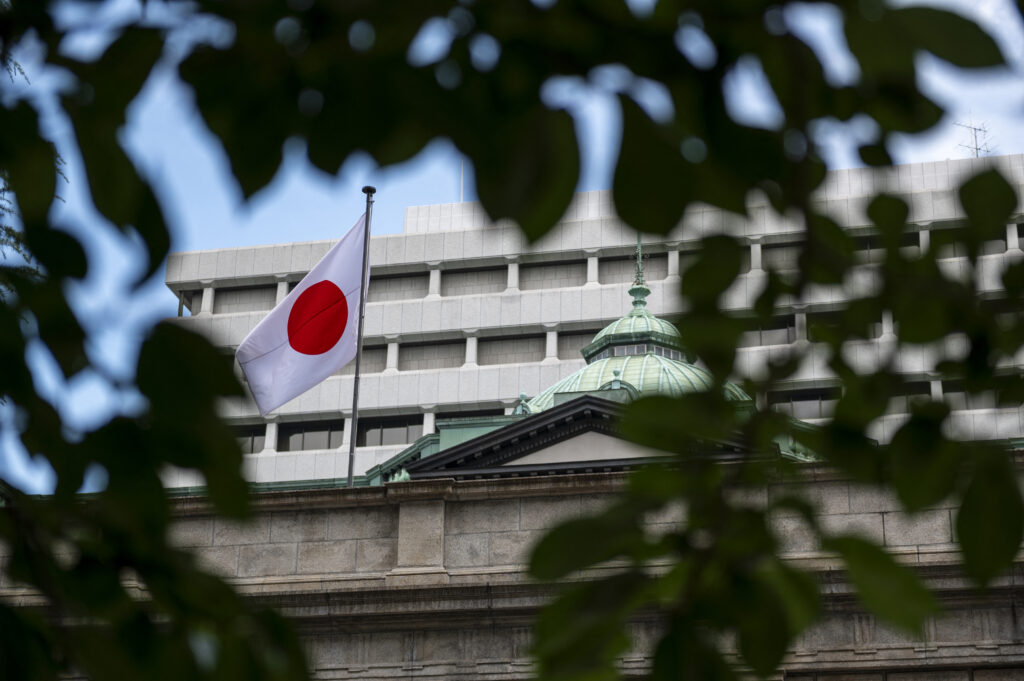
- ARAB NEWS
- 13 Jul 2025

TOKYO: The Bank of Japan on Wednesday decided to raise the unsecured overnight call rate, Japan’s benchmark short-term interbank lending rate, to around 0.25 percent from the previous range of around zero to 0.1 percent.
The BOJ Policy Board voted 7-2 to make the additional rate hike decision, which came after the Japanese central bank ended its negative interest rate policy in March, at a two-day policy-setting meeting that ended on the day.
In a statement released after the meeting, the BOJ said it “judged it appropriate to adjust the degree of monetary accommodation from the perspective of sustainable and stable achievement of the price stability target of 2 percent.”
At the same time, the central bank said that “accommodative financial conditions will continue to firmly support economic activity” even after the change in the policy interest rate.
Also at the meeting, the Policy Board unanimously decided to gradually trim the monthly pace of its Japanese government bond purchases so that it will be about 3 trillion yen in January-March 2026, down from the conventional 6 trillion yen, effectively kicking off quantitative monetary tightening. The amount will be reduced by about 400 billion yen each quarter in principle.
Starting a reduction in bond purchases in conjunction with an increase in interest rates will bring the country’s monetary policy closer to normalization.
In the BOJ’s latest quarterly Outlook for Economic Activity and Prices report adopted at the meeting, the central bank cut its core consumer price index growth projection for fiscal 2024 to 2.5 percent from 2.8 percent in the previous report released in April.
The growth projection for the core index, which excludes often volatile fresh food prices, was raised to 2.1 percent from 1.9 percent for fiscal 2025 and was kept unchanged at 1.9 percent for fiscal 2026.
JIJI Press